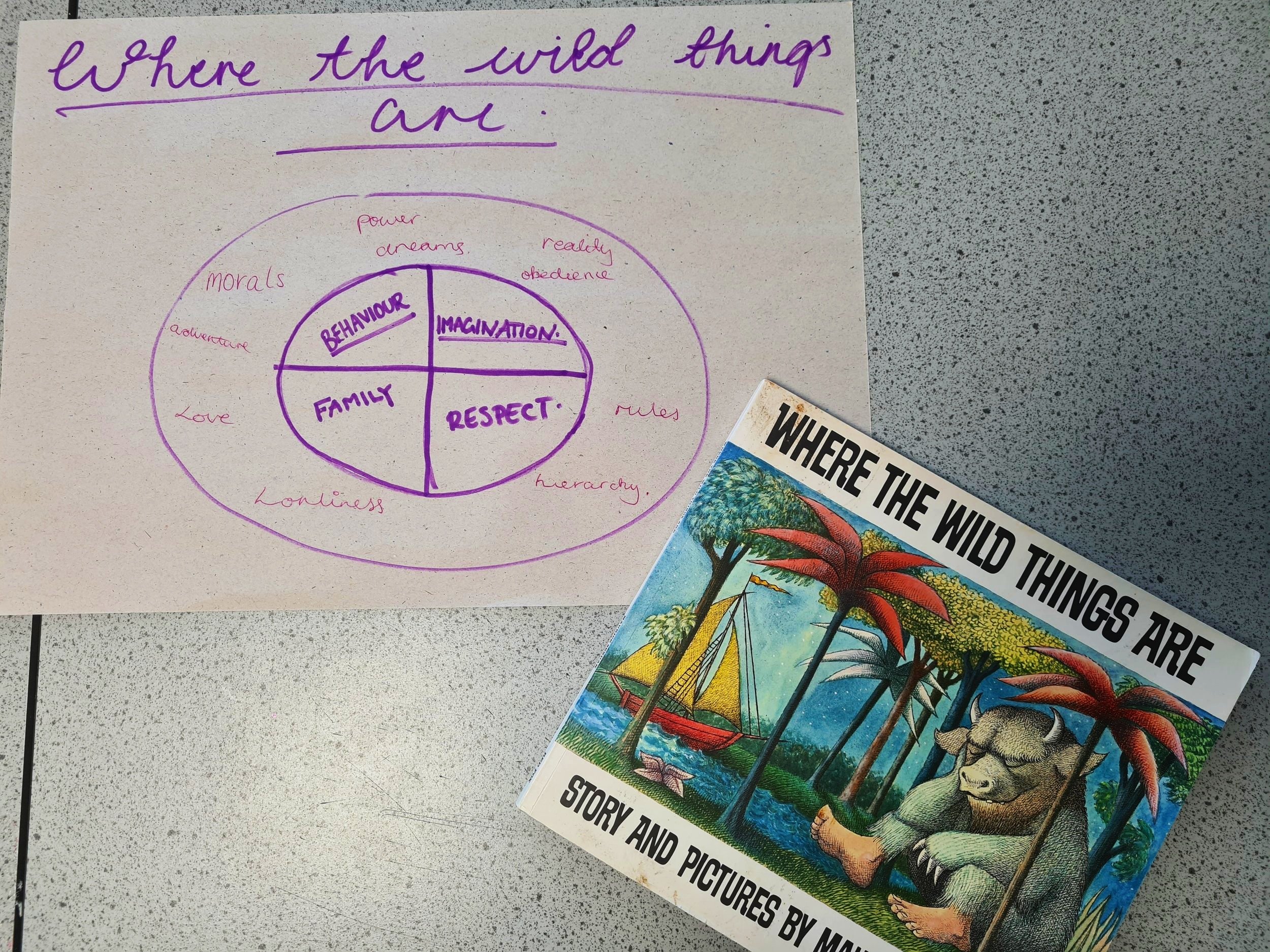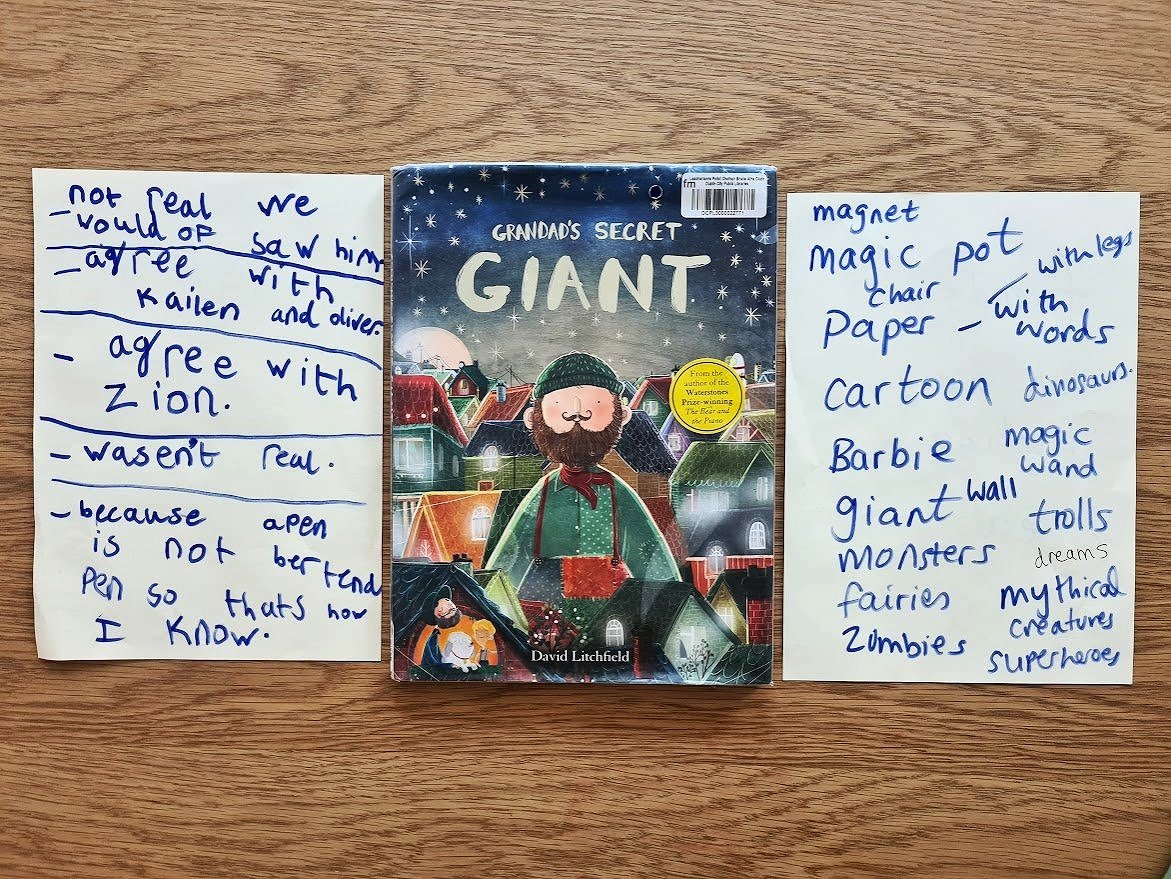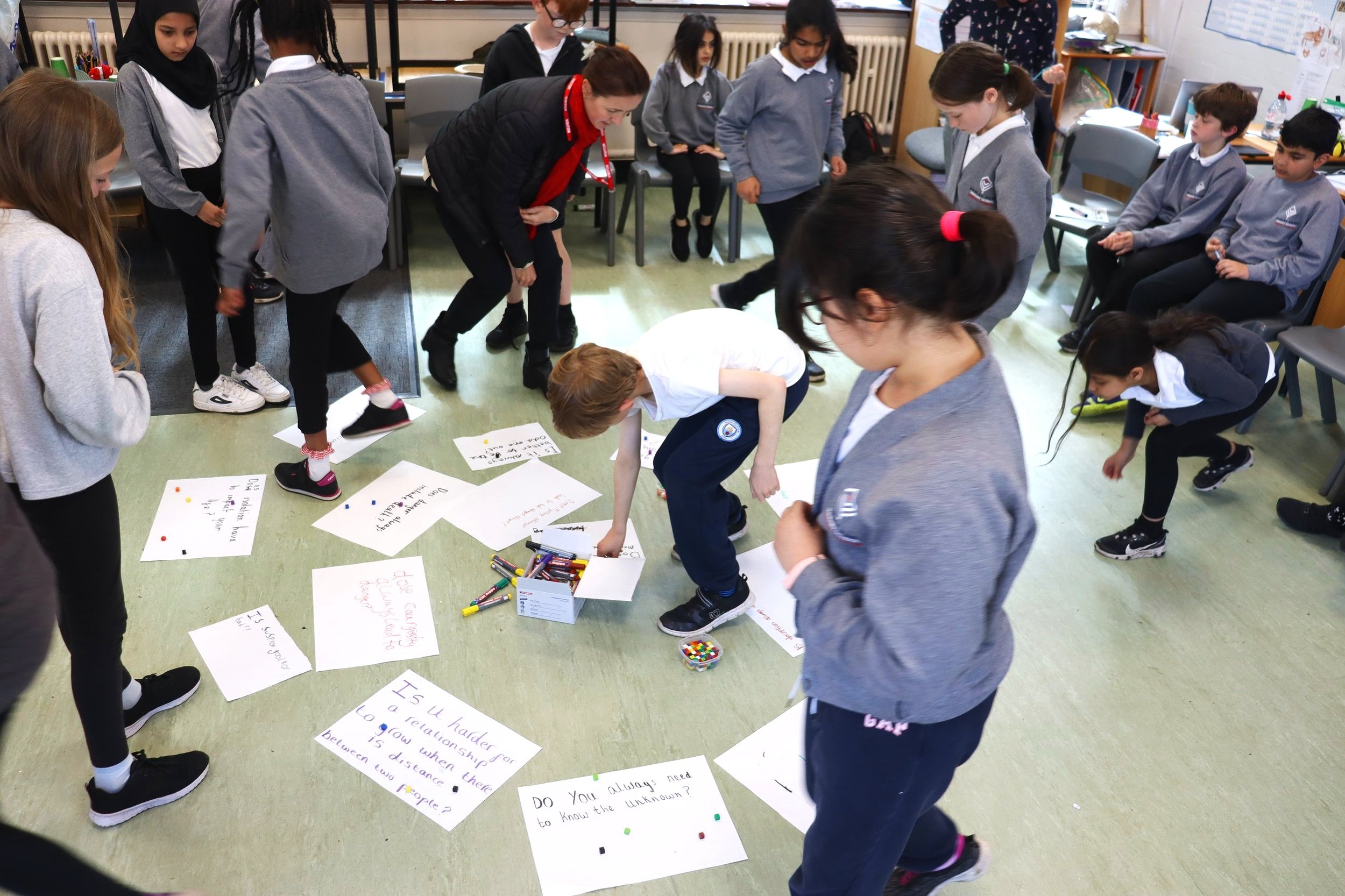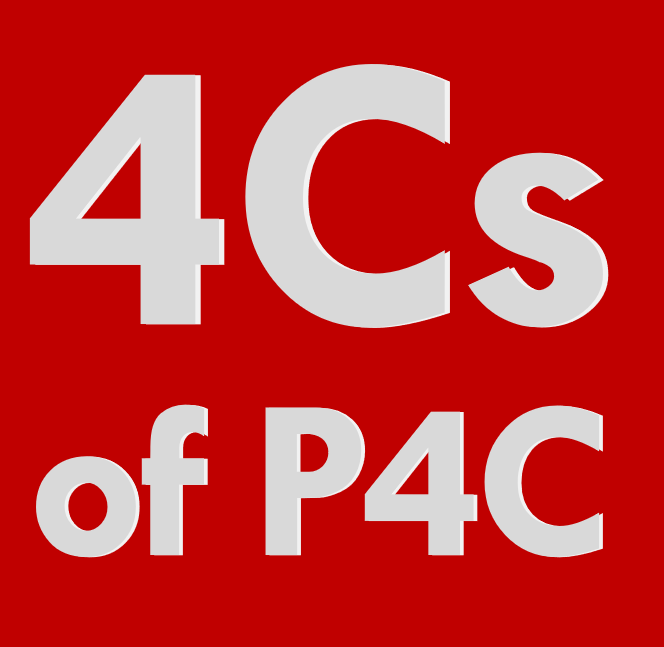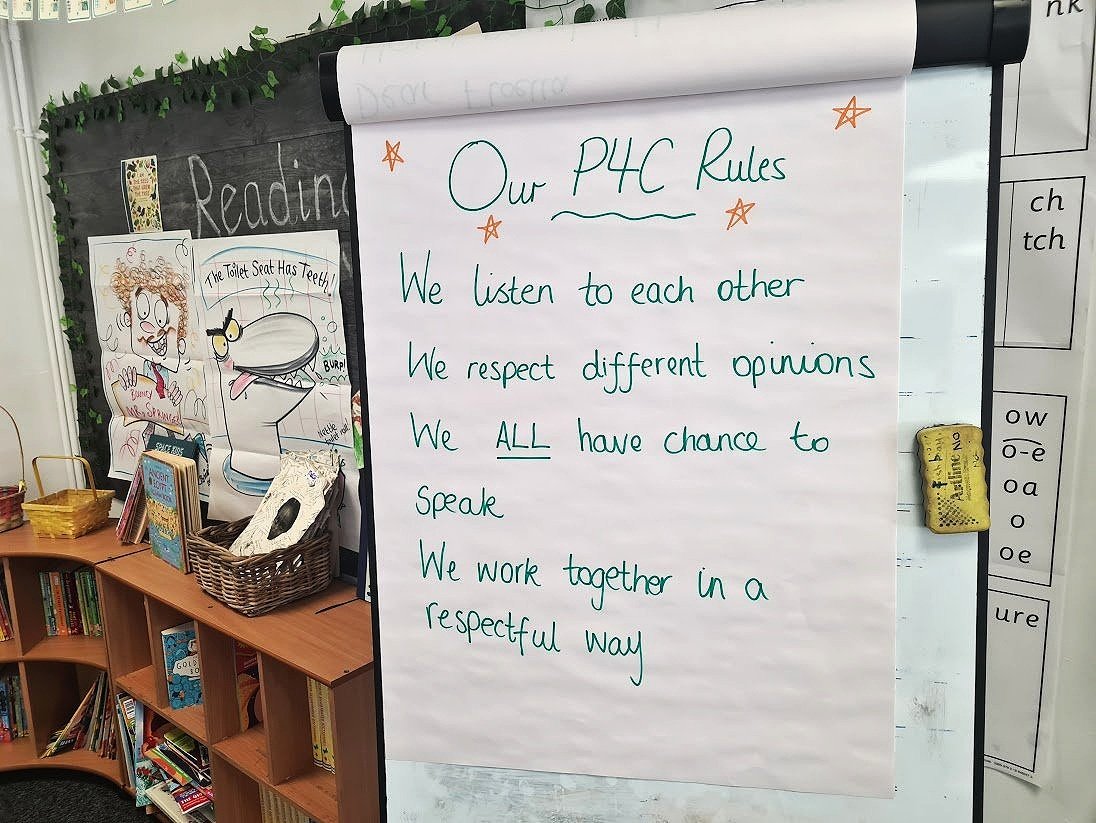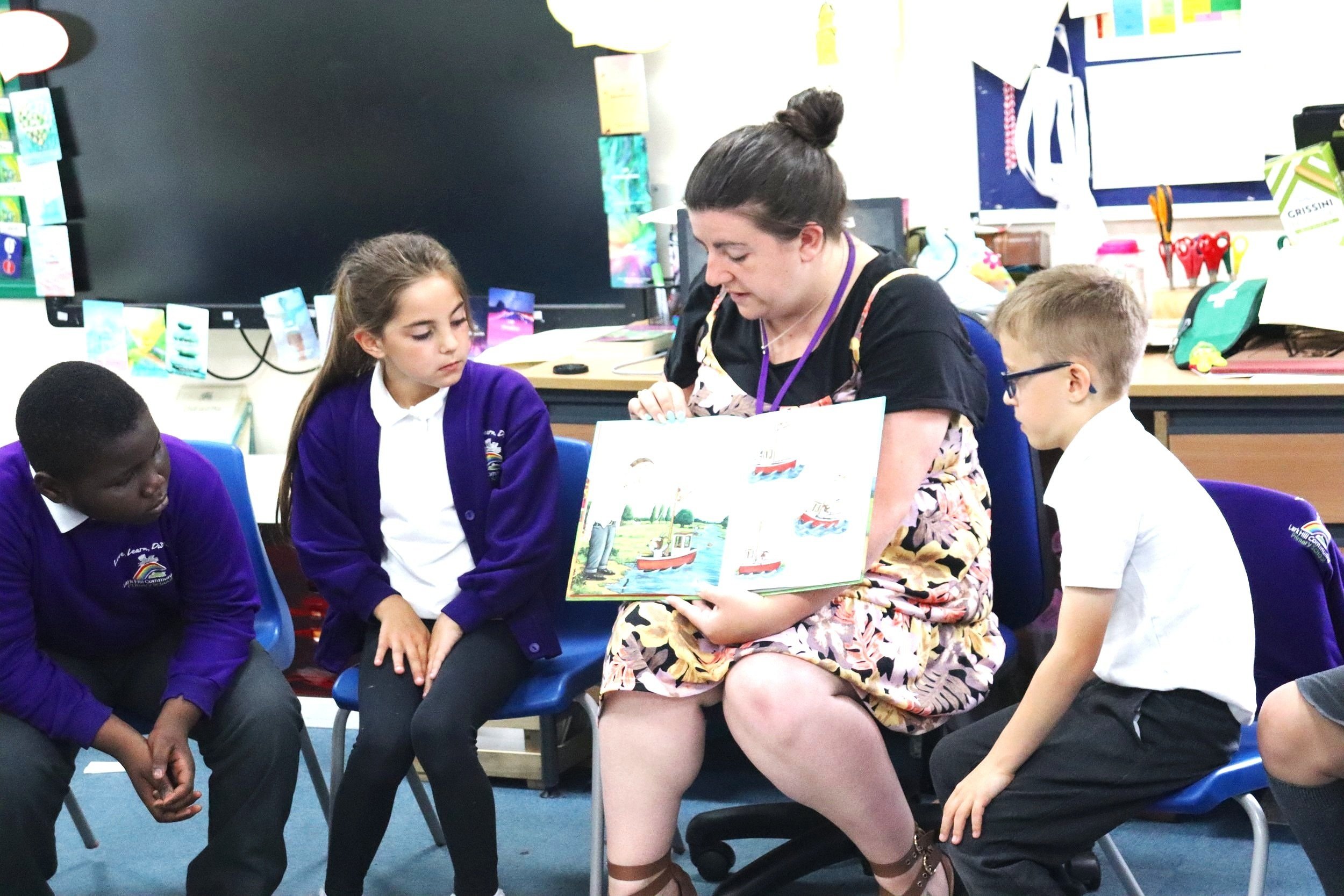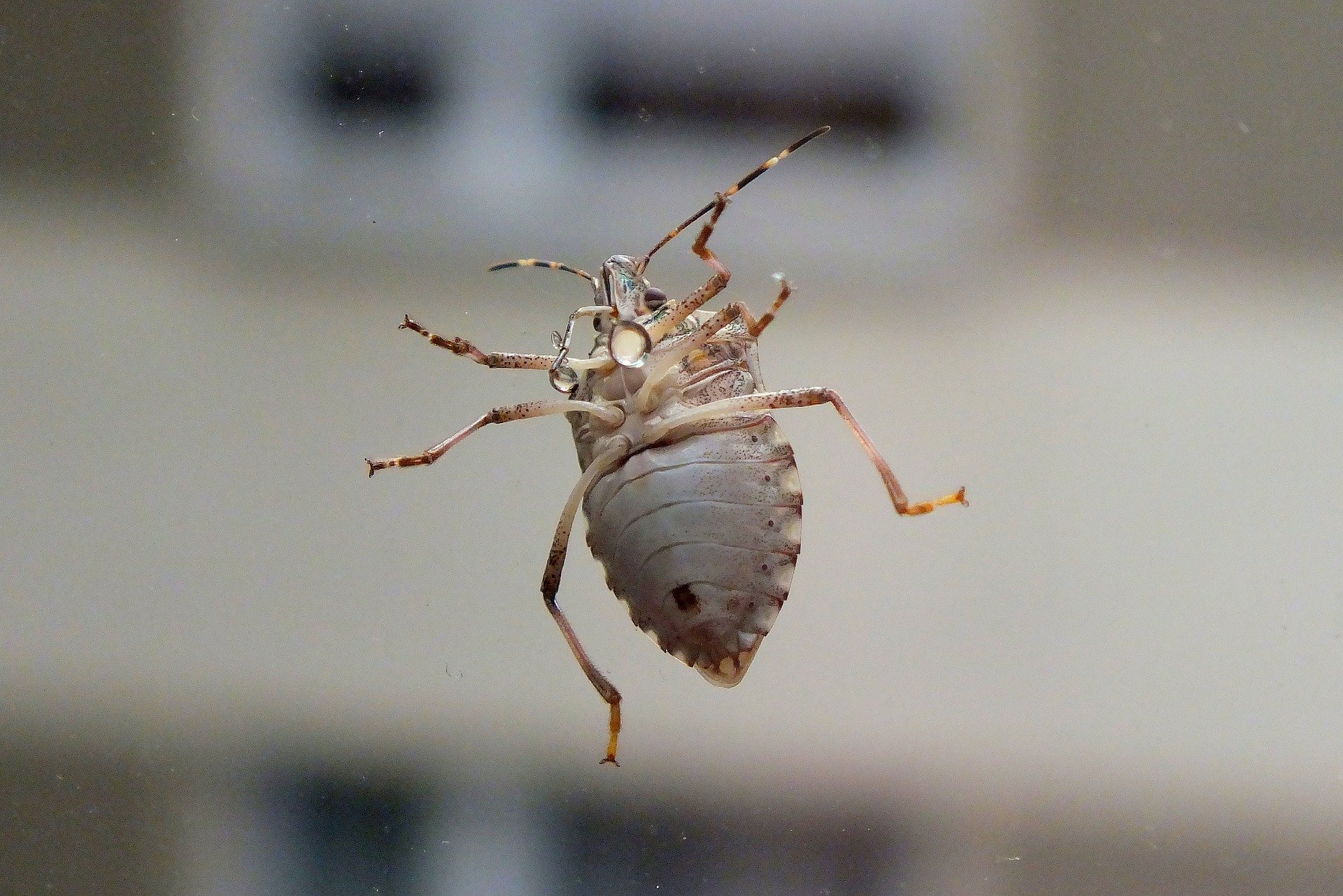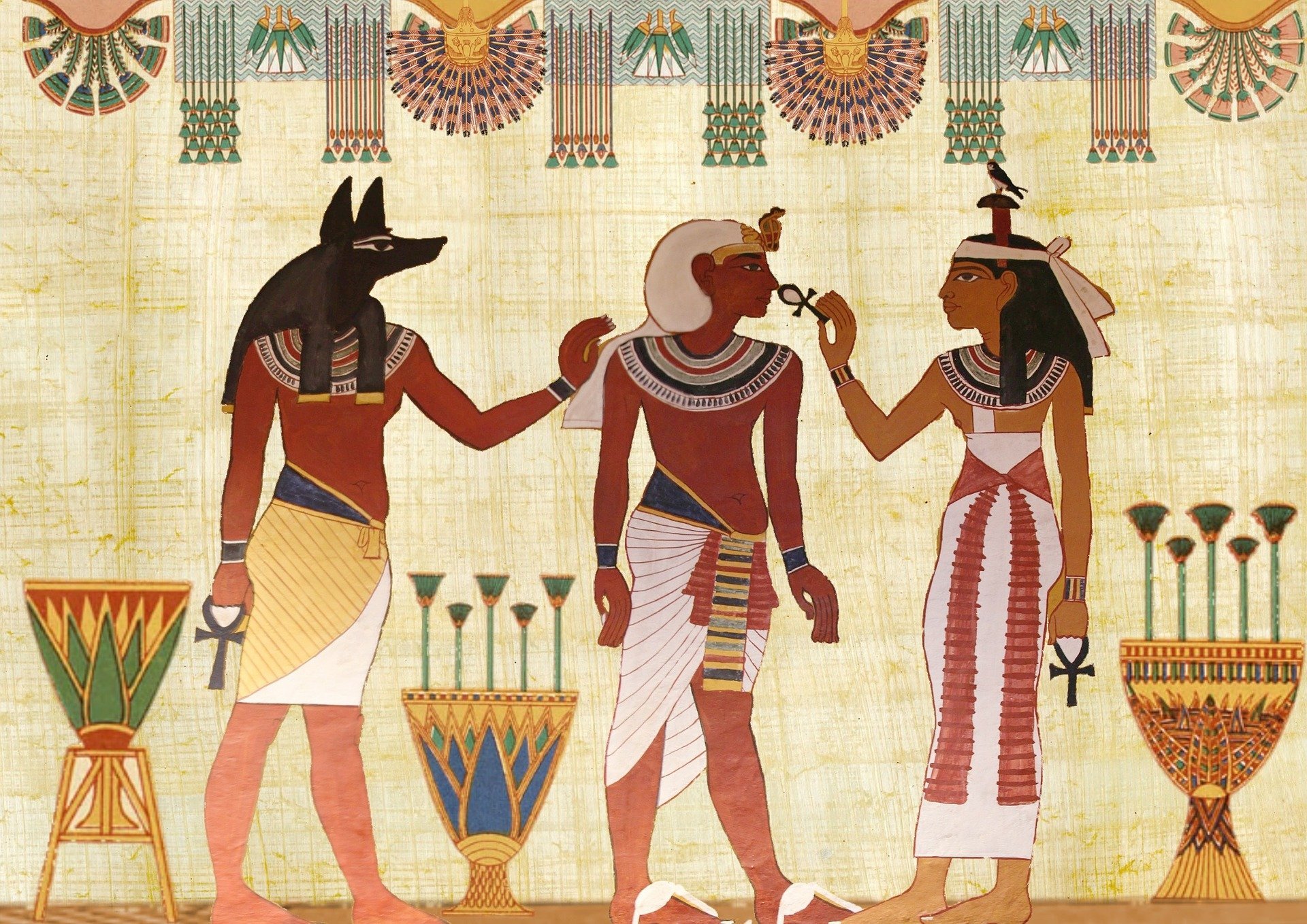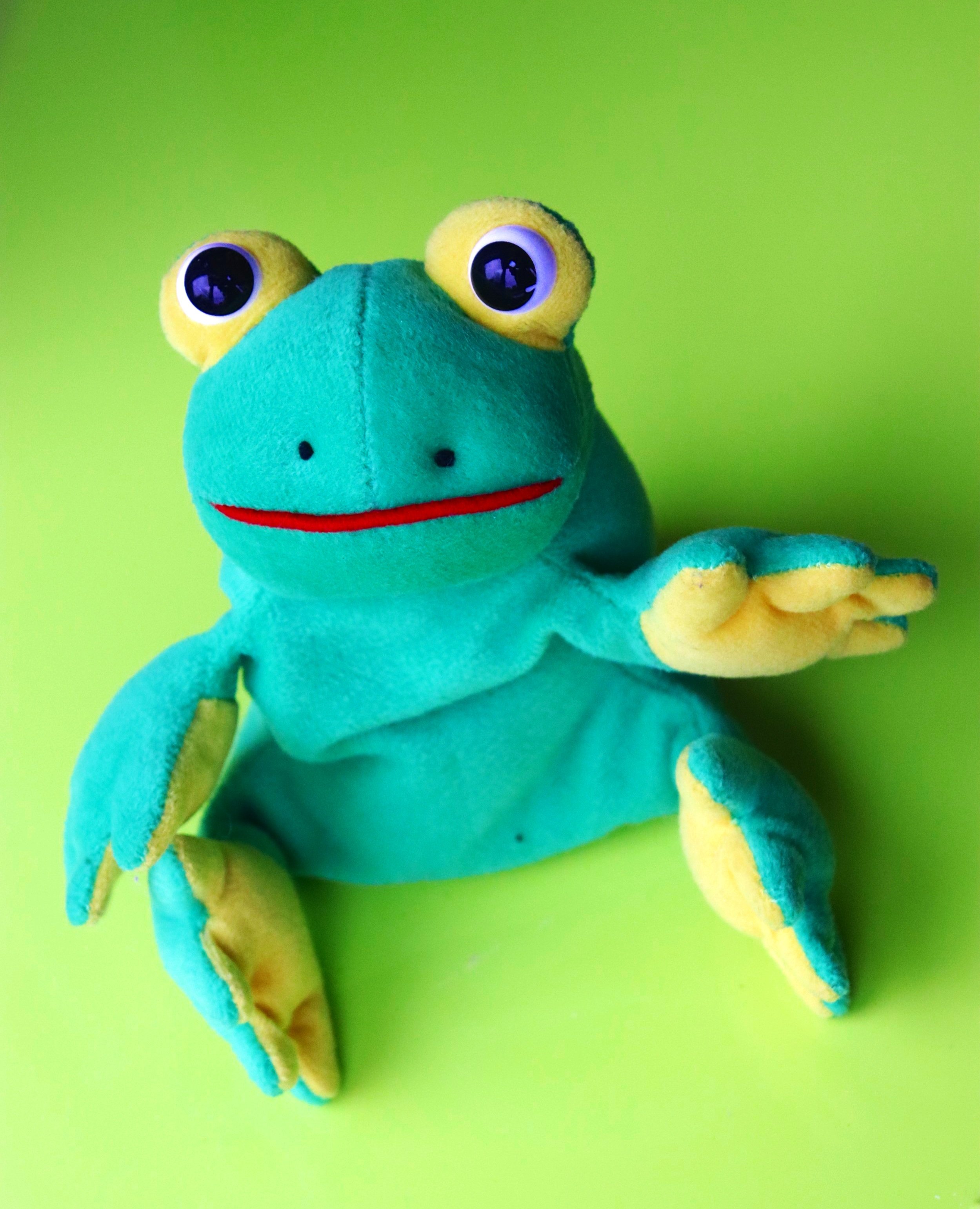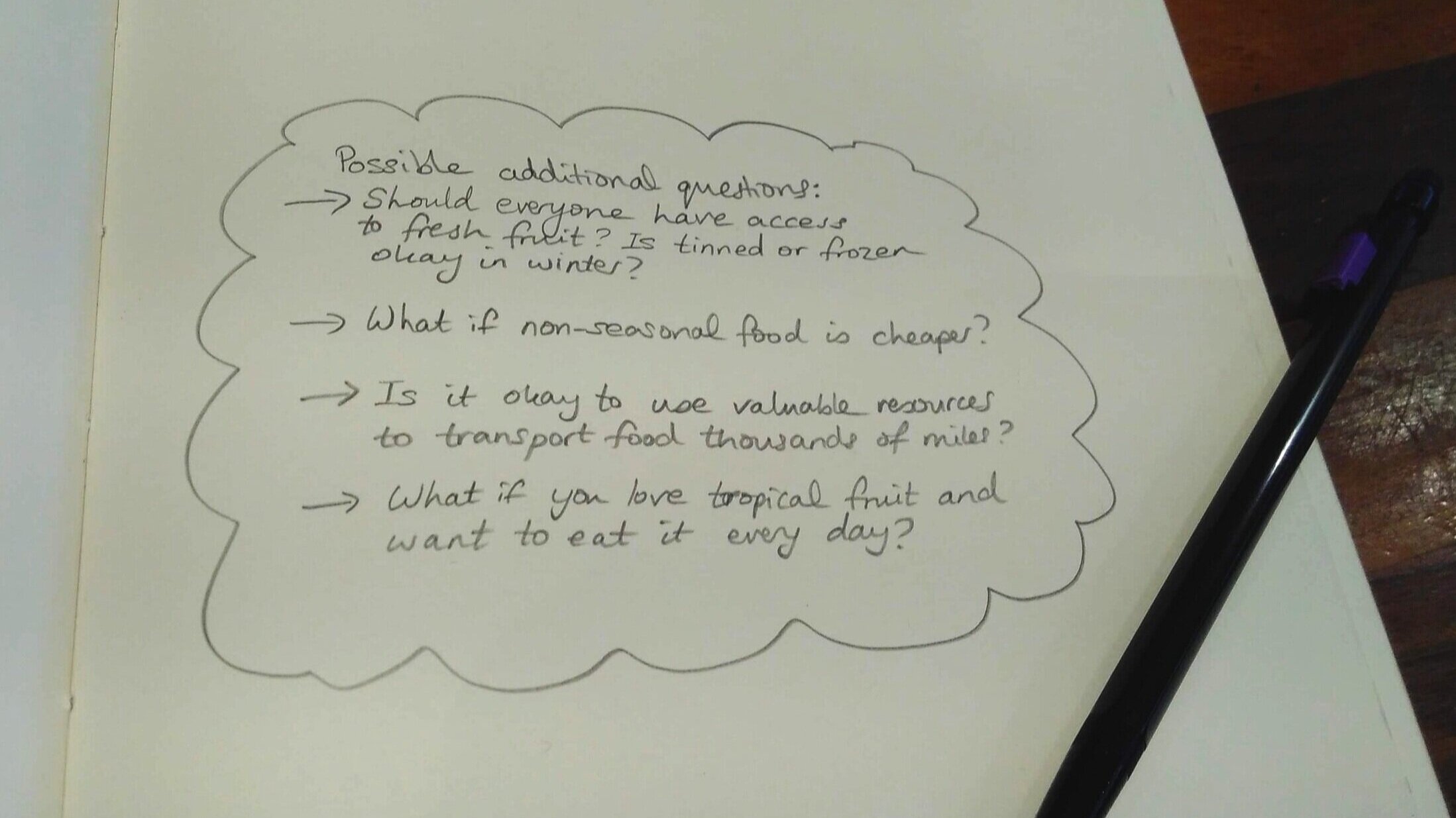When we think of progress in Philosophy for Children, we often think about students developing important skills and dispositions such as these:
giving reasons
getting better at justifying
becoming more confident to share their thoughts
having more empathy
questioning and challenging each other
asking for clarification
building on other people’s ideas
disagreeing respectfully
becoming more skilled at the 4Cs
listing relevant criteria for different scenarios
and so on.
But progress in P4C goes beyond skills. Students should also progress in terms of their conceptual knowledge and understanding:
gain deeper understanding of concepts
start to differentiate between belief and knowledge
understand the importance of evidence, justification, and reasoning
realise what we know is often built up from different ideas, experiences, or sources, not just one simple truth
recognise subjectivity and perspective.
Metacognitive awareness
This leads to more metacognitive awareness. For example, progress in P4C often means shifting from I know what I think or I know the right answer to I can explore different possibilities and ask better questions.
Find some time to reflect on where your students are up to.
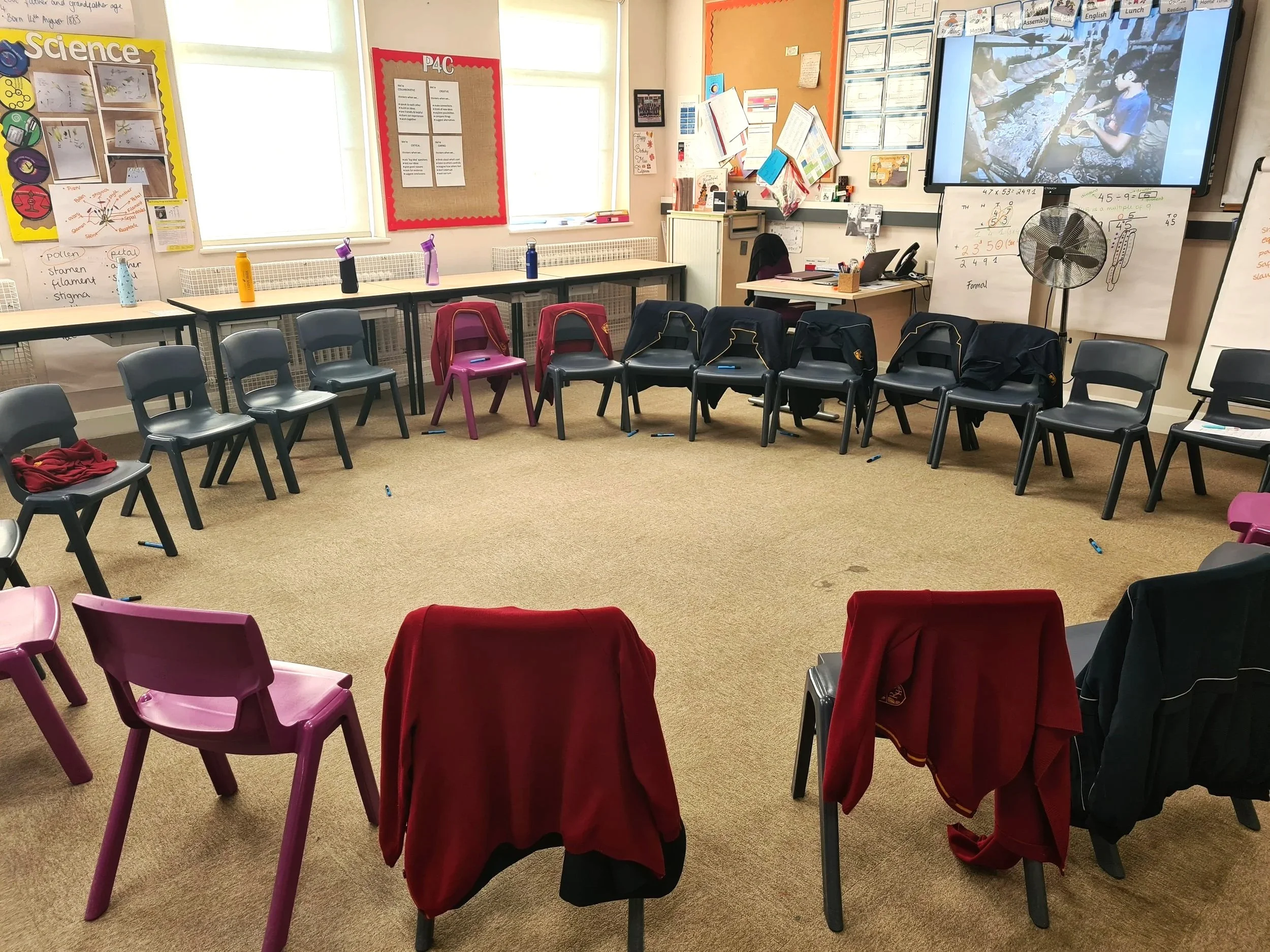
Are these examples of adventure, bravery, or both?
An example of using children’s wonderings to guide a philosophical discussion
Ways to keep everyone engaged and develop the community of enquiry
A detailed description including building, helping, sharing and working together
How to start a question, and think about whether or not it’s philosophical
How do they want to behave to become great 4C thinkers?
How one teacher helped her class go deeper in their P4C enquiry
Using an unexpected event as a P4C stimulus
Enquiry-based learning is fantastic, but has to be based on facts
Strategies to help as many pupils as possible access philosophical enquiry
Can your class come up with convincing definitions for the new words they invent?
A physical, fun game that can be played face-to-face or virtually



